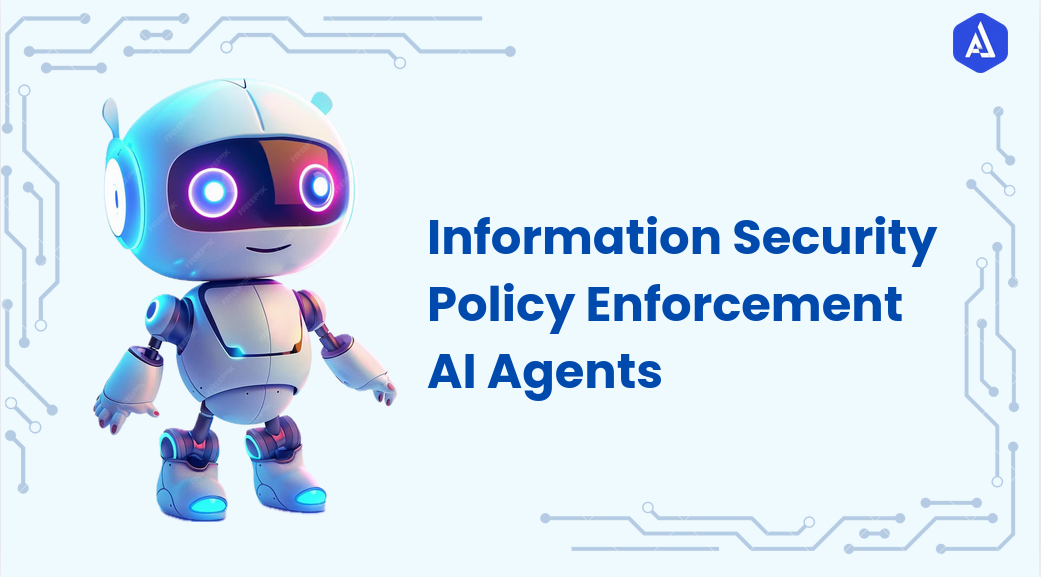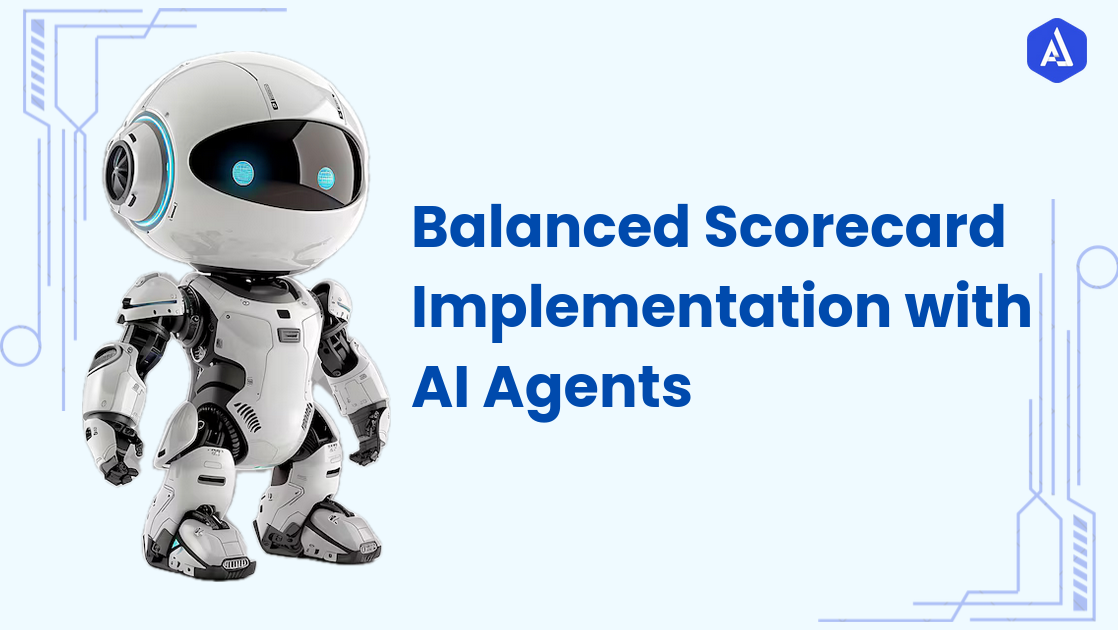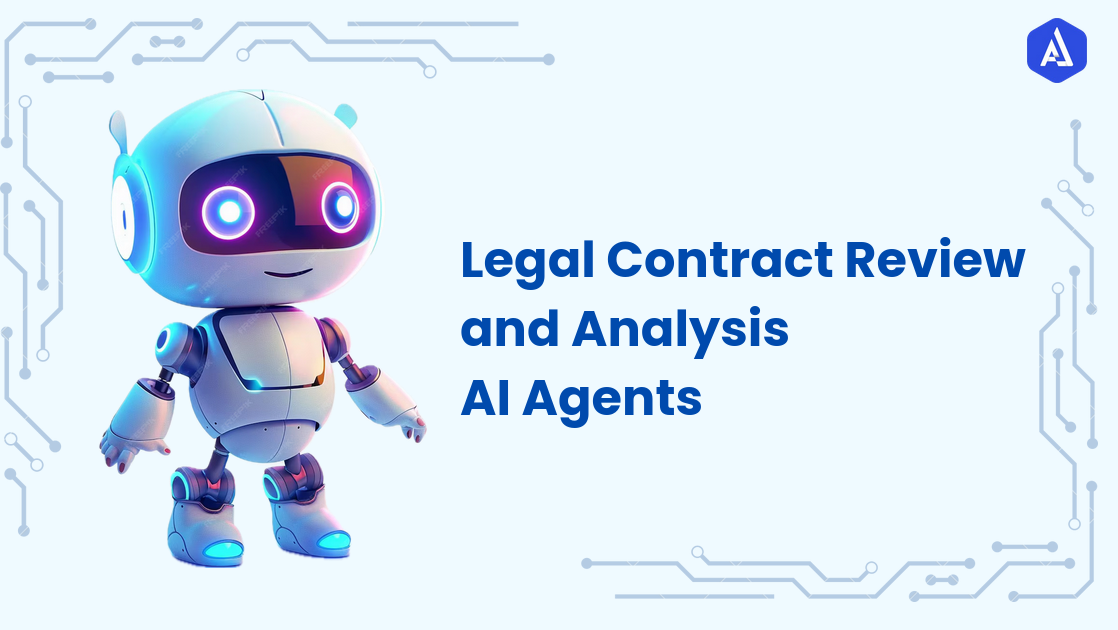Sales Forecasting Analysts are evolving from traditional roles into strategic advisors as the business landscape becomes increasingly data-driven. We have developed the Sales Forecasting Analyst AI Agent to assist in this transition. AI Teammate improves forecasting accuracy, efficiency, and adaptability, which is used to predict sales and make critical business decisions.
The Role of a Sales Forecasting Analyst
The role of a Sales Forecasting Analyst is essential for businesses aiming to predict future sales based on historical data, economic indicators, and market conditions. This position directly influences critical areas such as inventory management, staffing, budgeting, and broader strategic planning. Traditionally, Sales Forecasting Analysts relied on manual processes, including data analysis in spreadsheets and intuition-based predictions, often using static models like time series analysis. While these methods provided valuable insights, they were time-consuming, prone to errors, and usually unable to adapt quickly to market changes or large datasets.
Primary Challenges Faced by Sales Forecasting Analysts
-
Manual Data Processing: Reliance on spreadsheets and manual calculations can lead to errors and inefficiencies.
-
Intuition-Based Predictions: Subjective forecasting methods may not accurately reflect market realities.
-
Static Modeling Limitations: Traditional models often fail to adjust quickly to changing market conditions.
-
Data Volume Management: Handling large datasets from various sources can overwhelm analysts.
-
Timeliness of Insights: The need for rapid analysis can pressure analysts to deliver forecasts quickly.
-
Integration of Diverse Data Sources: Combining data from multiple platforms can complicate the analysis process.
By leveraging AI technologies, Sales Forecasting Analysts can overcome these challenges, leading to more accurate forecasts that support better decision-making across the organization.
About the Sales Forecasting Analyst AI Agent
The Sales Forecasting Analyst AI Agent is designed to enhance and support human analysts' efforts to predict future sales trends. This intelligent agent uses cutting-edge machine learning algorithms to process vast amounts of data from various sources, including sales figures, market forecasts, customer behaviour, and external factors like economic indicators. This comprehensive approach enables the agent to deliver highly accurate sales predictions that adapt to evolving market conditions.
What sets the Sales Forecasting Analyst AI Agent apart is its ability to perform real-time data analysis and scenario modelling. By simulating various market conditions and potential outcomes, the agent allows businesses to prepare for fluctuations and make informed inventory management, staffing, and budgeting decisions. Additionally, the agent integrates data from multiple departments, providing a holistic view of factors influencing sales trends.
Key Features of Sales Forecasting Agents
The Sales Forecasting Analyst AI Agent offers several key features that address the primary challenges of sales forecasting:
-
Data Processing at Scale: The agent can analyze vast datasets that human analysts cannot. It gathers information from several inside and outside sources and combines it into a single data set to improve its forecasting.
-
Pattern Recognition: The agent uses machine learning algorithms to find the patterns, correlations, and trends in the data that are not obvious to human analysts.
-
Real-Time Adaptability: Unlike traditional methods, which need periodic updates, the AI agent continuously learns and adjusts its predictions based on new data.
-
Scenario Analysis: The agent can simulate multiple potential future scenarios, evaluating various factors that could impact sales, from changes in consumer behaviour to economic shifts. This allows for more flexible and informed decision-making.
-
Automated Reporting: The agent creates detailed, visually appealing reports and dashboards that help analysts communicate insights to stakeholders. This reduces the time spent on manual report generation, enabling analysts to focus on strategic analysis.
Use Cases of Sales Forecasting Agents
The Sales Forecasting Analyst AI Agent can be deployed in various business scenarios to maximize its value. Here are some examples:
-
Retail Industry: In retail, AI agents are essential; they are useful for forecasting seasonal demand, inventory management, and pricing strategy. Historical sales data and outside factors like social media sentiment and economic conditions are also included.
-
Tech Sector: The agent can forecast product demand based on user adoption rates, competitive movements, and marketing efforts. Tech companies can use this information to predict product demand, which can optimize their product launch timeline so demand matches supply.
-
Pharmaceutical Industry: The AI agent interprets complex data sets to forecast pharmaceutical demand, influenced by patient behaviour, regulatory changes, and global health trends. The agent then uses that insight to predict medicine sales and optimize production cycles.
-
Real Estate: For real estate agencies, the agent can help predict property price trends, define hot locations, and forecast the impact of urban developments.
Benefits and Values of Sales Forecasting Agents
The implementation of the Sales Forecasting Analyst AI Agent provides numerous benefits:
-
Increased Accuracy: The AI agent becomes better at forecasting sales by using a wider set of data points and discovering hidden patterns. In turn, this produces more accurate business inventory forecasts, allowing businesses to avoid overstocking or understocking inventory.
-
Time Savings: Real-time adaptability and automated reporting free analysts’ time from the tedious work of data processing, allowing them to focus on strategic planning and decision-making.
-
Scalability: It can handle a lot of data without degrading the agent's performance, which is very important since you want the agent to scale with your business.
-
Proactive Decision-Making: Running business scenario analysis and having real-time insights helps businesses be agile and address market shifts and current trends faster.
-
Cost Reduction: Such companies can streamline their processes, short-cut errors, and make more accurate forecasting to optimize their operations and save on cost management based on inventory management, staffing, and marketing.
Usability in Sales Forecasting Analyst
Using the Sales Forecasting Analyst Agent is designed to be user-friendly, ensuring that analysts can quickly leverage its capabilities:
-
Setup: Installation involves connecting the AI agent to your existing sales data systems and ensuring that data pipelines are correctly configured for real-time updates.
-
Operation: When in place, the agent runs 24/7, continuously analyzing incoming data and building insights, which are then presented easily in the dashboards. The system allows analysts to query it for specific forecasts or scenario analyses.
-
Troubleshooting: The agent also provides diagnostic tools in case problems arise, identifying possible data quality problems or model mismatches. That said, detailed logs are also available to support teams so that technical issues can be resolved.
-
Optimization: The agent’s models learn from feedback and new data and become better over time.
Next Steps with AI Agents
Talk to our experts about implementing compound AI system, How Industries and different departments use Agentic Workflows and Decision Intelligence to Become Decision Centric. Utilizes AI to automate and optimize IT support and operations, improving efficiency and responsiveness.


